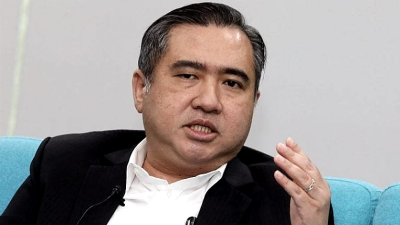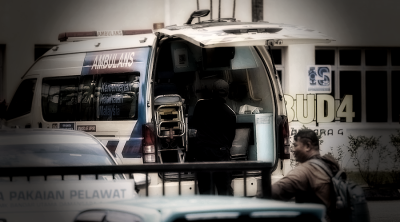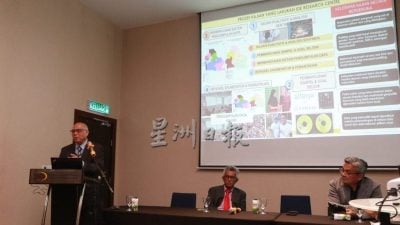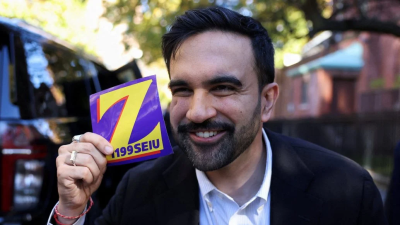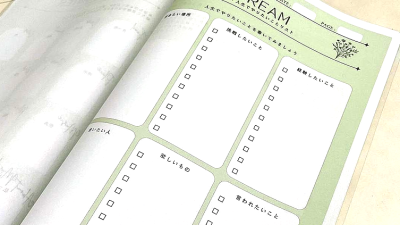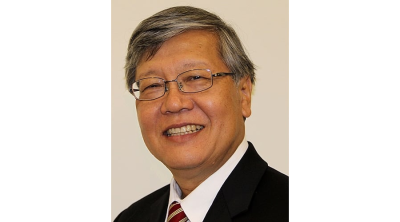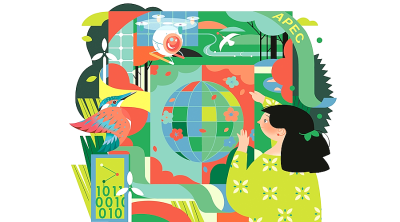
There are moments that don’t just ask for your opinion. They demand your conviction.
On 17 July 2025, I sat among educators, scholars, and nation-builders at the Khazanah Research Institute (KRI) Roundtable.
The discussion, “Building a Caring Society: How to Ensure Universal Values are Built into Our Education System,” was moderated by Prof. Dr. Maszlee Malik, former Education Minister, and co-moderated by Dr. Mohamed Yunus Yasin, a KRI fellow.
But beyond the topic was a deeper calling. One that challenges us to rethink education not as the transmission of facts, but the formation of values.
We weren’t just discussing education reform. We were asking: What kind of Malaysians are we raising?
What does it mean to ‘build a caring society’?
Every word in that title carries weight.
■ “Building” implies work. Not slogans. Not seminars. It means structure, intention, blueprint and the will to see it through.
■ “Caring” is not a soft word. It’s a courageous one. A caring society demands that we look beyond ourselves; to serve, to protect, to uplift.
■ “Society” means all of us. Not just students. Not just policymakers. The onus is on every parent, teacher, civil servant, CEO, imam, monk, priest, neighbor and etc.
■ And when we speak of “universal values”, we’re speaking of that moral thread that connects us across beliefs and backgrounds: integrity, respect, responsibility, empathy, justice.
Education, then, becomes not just the place where we teach knowledge but the sacred space where we shape hearts, souls, and futures.
The case for national values
Malaysia’s multicultural richness is not our challenge. It’s our inheritance.
For a country as richly diverse as Malaysia, we cannot rely on a single narrative to unite us. But we can and must align ourselves to a shared set of values.
For six years, together with a team of seven of us, we poured our energy into PUPUK, an NGO dedicated to cultivating national values grounded in the Rukun Negara.
We worked with schools, communities, and educators to remind ourselves that nationhood is not built on tolerance alone. It is built on shared ideals.
Though PUPUK has now ceased operations, its mission remains more relevant than ever; to promote values derived from our Rukun Negara as a shared national ethos.
Among the five principles, our work especially emphasized the fifth principle: “Kesopanan dan Kesusilaan” (Courtesy and Morality).
This principle is not simply about good manners. It is about ethical conduct, mutual respect, and civic responsibility. All of which are cornerstones of a caring society.
When we honor these values, we move beyond merely coexisting and begin to co-flourish. We shift from tolerance to acceptance, and from acceptance to celebration, where our diversity is not just acknowledged, but embraced as strength.
Just as corporations adopt core values to shape their culture and performance, Malaysia too must embrace and embed national values as the “moral infrastructure” of our nation, starting with our education system.
These values provide a common ground across our differences, allowing us to raise a generation that is not only competent but also conscientious. A generation that will strive to flourish from the classroom to the boardroom and cabinet room.
The work of building a caring society begins, as all sacred work does, with character at the center.
Character: Taught to be caught
I said this at the roundtable, and I’ll say it again here to echo a great saint who once said: “The end of education must be character.”
The Ministry of Education has announced that the 2027 national curriculum will include a Character Program. It’s a promising step. A recognition that academic excellence without ethical grounding is no longer enough.
Yes, we need students who can code, write essays, solve equations. But more than that, we need humane Malaysians. Citizens who speak truth with kindness, who lead with humility, who act not only for themselves, but for the greater good.
Hence, character must be taught to be caught. It must be lived by teachers, by school leaders, by the entire ecosystem. It must be woven into every subject, every lesson, every interaction.
■ Let science teach the value of truth.
■ Let history teach the cost of silence and the power of empathy.
■ Let mathematics model fairness and logic.
■ Let civic studies become the mirror of justice and duty.
Every teacher becomes a moral architect. Every school, a sanctuary for values. Every exam, not only a test of knowledge but an invitation to wisdom.
Talent with character = Governance with soul
There’s a reason we keep circling back to character: Without it, we risk building a brilliant society with a hollow core.
A nation without character produces clever leaders who manipulate, not serve. But a nation grounded in values nurtures a talent pipeline of leaders both in the boardroom and in government who lead with integrity and principle.
Their decisions are shaped not by profit or politics alone, but by purpose. They govern not for personal gain, but for the greater good.
As more leaders of character rise to the top, they become the architects of a caring society where policies reflect empathy, corporate strategies uphold justice, and national priorities are people-centered.
In time, this forms a new generation of Malaysians: skilled, productive, and morally anchored.
This is how we fix what feels broken. This is how we move from Malaysia Boleh to Malaysia Berjiwa. A Malaysia with soul.
This is not a policy issue. It’s a nationhood issue
We cannot outsource this work to the Ministry of Education and then wash our hands.
We as parents, teachers, CEOs, civil society leaders must own the moral formation of our next generation.
Let the Rukun Negara be more than recitation. Let “Kesopanan dan Kesusilaan” be more than a principle.
Let it be a practice. A code we live by. A truth we protect. Let us not just teach our children how to make a living. Let us teach them how to live with conscience, courage, and compassion.
In the past, I had the honor of contributing for the G20 Summit Leaders hosted by Indonesia (2022) and India (2023), where I authored a chapter titled “Building a Values-Based Education System.”
The message was clear: values are the very soil from which real learning grows.
That same conviction drives my on-going advocacy for a Universal Declaration of Values in Education.
This is a global call to embed ethics, respect, and compassion into the heart of learning systems globally.
If you share this belief, I invite you to add your voice to the movement here: https://bit.ly/petitionvaluesineducation
In conclusion, we cannot legislate our way into a caring society but we can educate our way into one. Thus, the work of building a caring society is not fast. It is not easy. But it is necessary. And it begins, as all sacred work does, with character at the center.
When we reflect what is true richness, then my quote must fill your minds, “true richness is when no one can afford to buy your character.”
(Asohan Satkunasingham is an Author, Character Quotient Pioneer, Corporate Educator and Global HR Strategist.)
ADVERTISEMENT
ADVERTISEMENT






